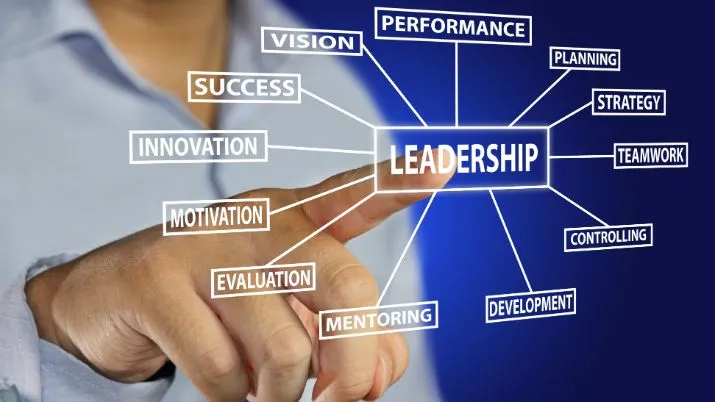In the rapidly evolving business landscape, executives must embrace and refine strategies that ensure sustainable growth. These leadership tactics are imperative for maintaining a thriving and resilient organization. Mastery of these skills enables leaders to effectively address challenges while inspiring their teams toward long-term success.
Visionary Planning
A clear and compelling vision is crucial for any successful organization, guiding all efforts. Executives skilled in visionary planning can anticipate future trends and align company objectives, ensuring adaptability and success. This foresight helps them create a roadmap that guides decisions and motivates stakeholders. By clearly articulating this vision, leaders can instill purpose and commitment, fostering a dedicated team focused on shared goals. Arif Bhalwani Third Eye Capital co-founder and CEO, exemplifies visionary planning through his strategic foresight and innovative approaches to alternative investing. Arif Bhalwani net worth exemplifies the extraordinary success possible through innovation and dedication, highlighting the impact of visionary leadership and strategic decision-making.
Inclusive Decision-Making
Incorporating diverse perspectives into decision-making boosts creativity, innovation, and problem-solving. Forward-thinking executives who foster inclusivity promote open collaboration and transparent communication, leveraging the strengths and insights of diverse teams. This approach builds a dynamic, adaptable leadership style and nurtures a culture of trust and shared goals. Diversity in thought, background, and experience leads to stronger, more innovative solutions, driving sustainable growth and providing a competitive edge in the marketplace.
Paul Polman, former CEO of Unilever, is a notable example of a leader who champions inclusive decision-making. Known for his commitment to sustainability, Polman’s inclusivity-driven leadership style prioritized stakeholder engagement and diverse perspectives, positioning Unilever as a leader in sustainable business practices.
FOR INFORMATIVE CONTENT VISIT.. : Hot Air Balloon Rides
Continuous Learning and Development
In a constantly changing business environment, agility and adaptability are essential. Leaders must commit to continuous learning to maintain a competitive edge. Executives should promote self-improvement by investing in professional development opportunities for themselves and their teams. This commitment to growth ensures that the organization can swiftly adapt to changes and remain competitive. Learning opportunities can include formal education, skill-based workshops, peer interactions, and industry networking events. By fostering an environment that values lifelong learning, businesses can cultivate a culture of innovation and resilience.
Strategic Networking
Building a robust network is crucial for driving organizational growth and success. Strategic networking empowers executives to establish meaningful connections with industry peers, thought leaders, and potential business partners. These relationships offer valuable insights, innovative ideas, and opportunities for fruitful collaboration. By consistently engaging in networking activities, leaders can uncover new ventures and pathways for sustainable, long-term expansion.
Empowering Team Development
A leader’s success is closely tied to the success of their team. Empowering team members by providing the necessary tools, resources, and autonomy fosters a motivated and high-performing workforce, laying a strong foundation for future achievements. Recognizing and nurturing individual strengths boosts morale and productivity, creating an environment where everyone feels valued. Empowerment enhances the organization’s ability to meet challenges and achieve ambitious growth objectives, ensuring long-term sustainability and success.
Executives focused on sustainable growth must master key leadership tactics. By incorporating these practices, they can create resilient organizations that thrive in a competitive, changing landscape, ensuring readiness for future challenges.
